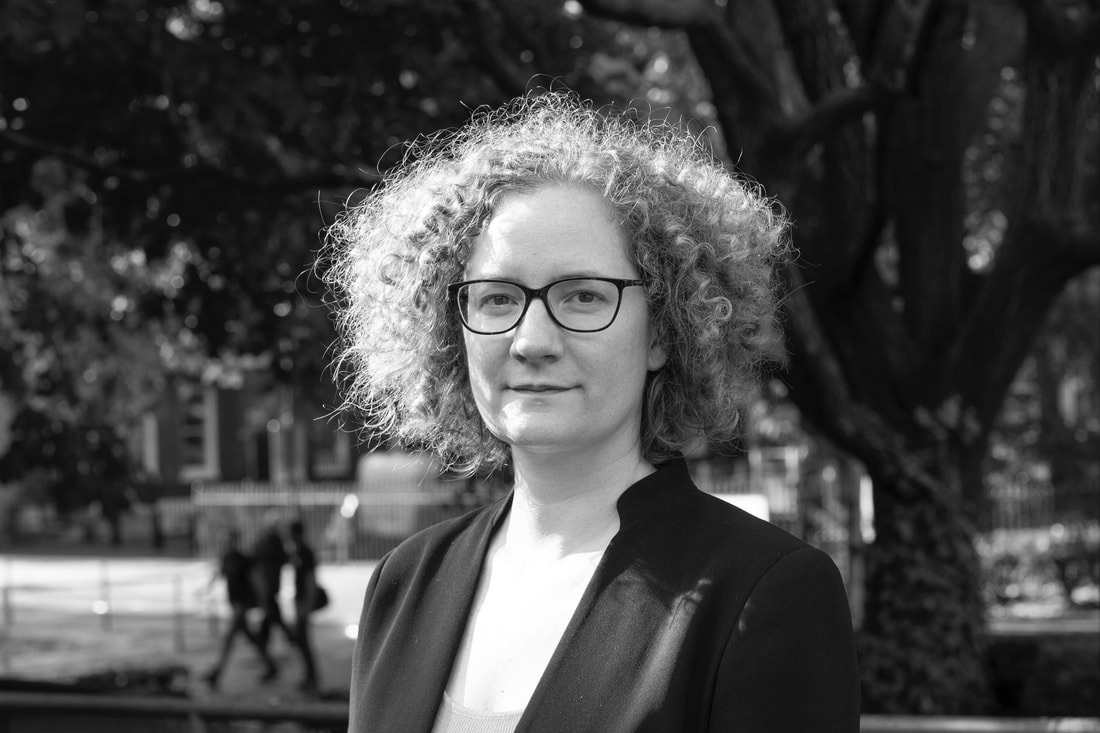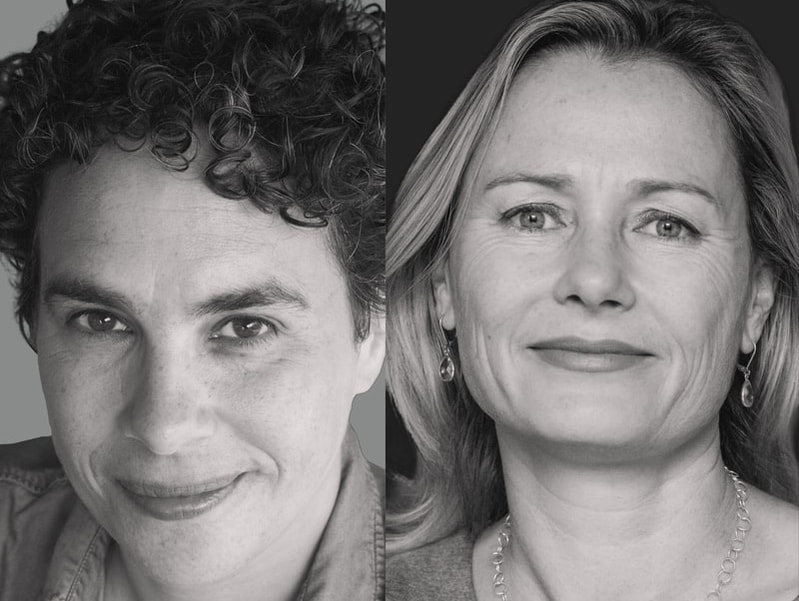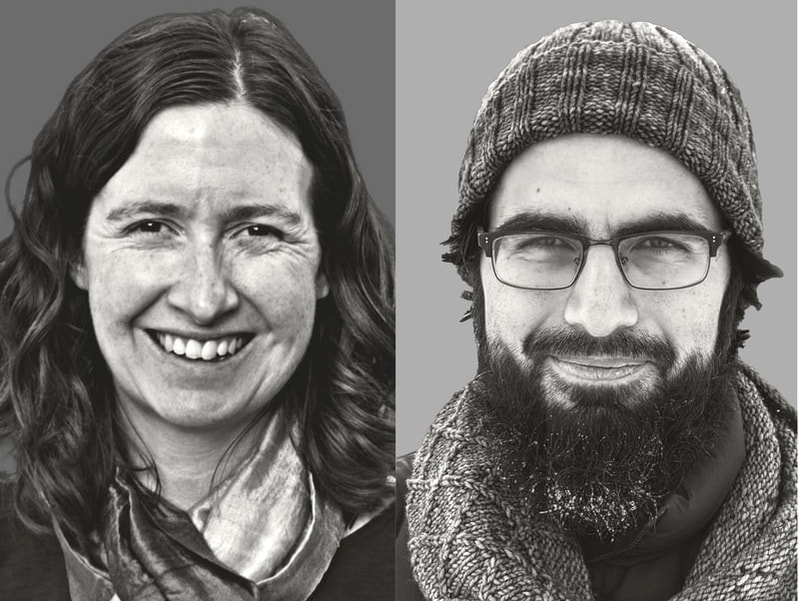Elena Fiddian-Qasmiyeh: "Shifting the Gaze: Southern-Led Humanitarian Responses to Displacement"
Quarter Keynote
Webinar | January 21, 2021 Workshop | January 22, 2021
|
In this quarter keynote, Professor Elena Fiddian-Qasmiyeh from University College London discusses Middle Eastern refugee responses, including hosting, to the displacement of Syrian refugees since 2011. Her talk offers an overview of the roles played by local host communities, faith-based networks, Southern states including Jordan, Lebanon, and Turkey, and refugees themselves.
Displacement is primarily a "Southern" and "South-South" phenomenon, to which Southern actors have historically responded in ways that resist, reject and provide alternatives to the hegemonic aid regime. However, Southern-led responses to displacement have typically been rendered invisible, and are largely un-acknowledged by Northern- and Northern-based academics, policymakers and practitioners. Though scholarly study of Southern actors’ responses to displacement has recently increased, Northern academics and policy observers too frequently delegitimize the activities of Islamic faith-based organizations and “nontraditional” donor states, which are not members of the OECD’s Development Assistance Committee (such as Saudi Arabia, Qatar, UAE and Kuwait). In this presentation, Fiddian-Qasmiyeh focuses on responses to Syrian displacement since 2011 and develops a multiscalar analysis of the roles played by Southern states, local host communities, faith-based networks and refugees themselves. She argues that a focus on “refugee-refugee humanitarianism” can challenge dominant and exclusionary Northern humanitarianism paradigms of refugee studies. About the speaker | Elena Fiddian-Qasmiyeh is Professor of Migration and Refugee Studies and Co-Director of the Migration Research Unit at University College London, where she directs the Refuge in a Moving World interdisciplinary research network. She is author of several articles and books, and co-editor of Refuge in a Moving World: Tracing Refugee and Migrant Journeys Across Disciplines (UCL Press, 2020). |
Moderators | Arzoo Osanloo, Cabeiri Robinson, Rawan Arar, Gözde Burcu Ege.
Co-Sponsors | Interdisciplinary PhD Program in Near and Middle Eastern Studies, Department of Law, Societies, & Justice, and Middle East Center. Keywords | Palestinian and Syrian refugees, multi-scalar approach, displacement, refugee-refugee relationality, refugee hosts, poetics of care, Middle East. |
Amira Mittermaier: "God, Humans, and an Islamic Ethic of Care" & Sienna R. Craig: "From Earthquakes and Empowerments to Pandemics: Tibetan Medical Humanitarianisms"
Series Conversation
Webinar | February 4, 2021 Workshop | February 5, 2021
|
In our winter conversation series, Amira Mittermaier and Sienna R. Craig discuss comparative humanitarianisms in Egypt and the Himalayas. Both articulate the need to move away from human-centric, conventional humanitarianisms by bringing to light the Islamic, Tibetan, and Himalayan logics of giving in Egypt, the Himalayas, and the U.S.
Amira Mittermaier presents “God, Humans, & an Islamic Ethics of Care:” Caring for those in need is a central pillar of Islam. But caring for is not necessarily the same as caring about. Drawing on fieldwork in informal spaces of giving in post-2011 Egypt, this talk lays out an Islamic ethics of care—one not driven by compassion or pity but centered on divinely prescribed rights & responsibilities. Sienna R. Craig presents “Himalayan Humanitarianisms: Crisis Response from Earthquakes to Pandemics:” How does “humanitarianism” surface in contexts that are primarily non-biomedical & that emerge from Tibetan Buddhist worldviews? What ideals, materials, & practices shape such encounters? Building on ethnographic research that focuses on Tibetan medical camps in India & Nepal, & incorporating recent events related to Tibetan medical responses to COVID-19 in North America & Asia, Craig considers how local logics of care intersect with a global politics of compassion. About the speakers | Amira Mittermaier is Professor of Anthropology & the Study of Religion at the University of Toronto. She is the author of Dreams that Matter: Egyptian Landscapes of the Imagination (University of California Press, 2011) and Giving to God: Islamic Charity in Revolutionary Times (University of California Press, 2019). Sienna R. Craig is Associate Professor of Anthropology at Dartmouth College. She is the author most recently of The Ends of Kinship: Connecting Himalayan Lives Between Nepal & New York (University of Washington Press, 2020). |
Moderators | Arzoo Osanloo, Cabeiri Robinson, Cristian Capotescu, Gözde Burcu Ege.
Co-Sponsors | South Asian Studies Center, Middle East Center, Interdisciplinary PhD Program in Near and Middle Eastern Studies, and Department of Anthropology. Keywords | Khidma, Sufi hospitality, Islamic logics of care, Egypt, Sowa Rigpa humanitarianism, Tibetan medicines, disaster relief, coronavirus |
Basit Kareem Iqbal, "Ambivalence and Askesis in Zaatari Refugee Camp" & China Scherz, "Seeking the Wounds of the Gift: Recipient Agency in Catholic Charity and Kiganda Patronage"
Series Conversation
Webinar | February 18, 2021 Workshop | February 19, 2021
|
In this webinar, Professors Basit Kareem Iqbal and China Scherz discuss religious humanitarianism in Zaatari Refugee Camp in Jordan and at the Franciscan Nuns' Mercy House in Kiganda, Uganda.
In “Ambivalence and Askesis in Zaatari Refugee Camp,” Basit Iqbal discusses how an Islamic pedagogue in Zaatari refugee camp distinguished between the registers of divine tribulation and affliction, between the duties and capacities of the subject. This talk draws on the anthropology of humanitarianism and literature on political theology in order to understand his ethical project. China Scherz highlights in “Seeking the Wounds of the Gift: Recipient Agency in Catholic Charity and Kiganda Patronage” that it is often claimed that gifts of charity contain hidden dangers for those who receive them. Her talk challenges such a reading by exploring instances of beneficiary agency in the context of charitable exchange. These instances of asking, giving, and receiving complicate arguments about charity and humanitarianism which see charitable gifts as inevitably harmful. About the speakers | Basit Kareem Iqbal is Assistant Professor of Anthropology at McMaster University. He studies displacement, refuge, and theodicy in the wake of the Syrian uprising. China Scherz is Associate Professor of Anthropology at the University of Virginia. She is the author of Having People, Having Heart: Charity, Sustainable Development, and Problems of Dependence in Uganda (University of Chicago Press, 2014). She specializes in medical anthropology, the anthropology of ethics, and the anthropology of religion. |
Moderators | Arzoo Osanloo, Cabeiri Robinson, Danny Hoffman, Gözde Burcu Ege.
Co-Sponsors | African Studies Program, Middle East Center, Interdisciplinary PhD Program in Near and Middle Eastern Studies, and Department of Anthropology. Keywords | Zaatari camp, Islamic pedagogy, Syrian refugee crisis, divine tribulation, Askesis, recipient agency, Catholic charity, Kiganda patronage, dependency theory |



